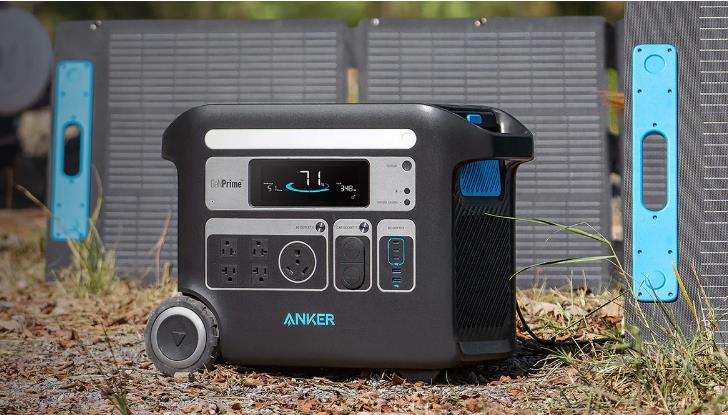In the business industry, the name of the game is data. Processing, computing, and analyzing data lead to better predictions and outcomes for the company. Because everything can be used as information and data is just digital information, then those who control their data are the ones who have the most control over their profits. Business expenses, opportunity costs, operational costs, sales, and many over variables and factors are all data that could be uploaded to a computer. Finding the right blend of products, services, and marketing is as complicated as it gets. Hence, the amount of data being utilized and processed is in very large quantities.
Data processing and analysis are two major processes that a business company should always take a look at. It doesn’t matter what industry you belong in; supermarkets utilize customer traffic and mall hotspots data, online stores take advantage of click rates and affiliate interactions, and massage industries study what time and in what season people like to avail massages the most. All of them have different data to be used, and all are vital in running the companies in a profitable state. With that comes the question of data backup. There are different ways to do this: NAS storage and backup, for example. There are also hybrid clouds, public clouds, and plain, old hard drives upon hard drives. Let’s take a look at these options, and explore the best one for you.
The conventional method
Backing up your data in hard drives isn’t a bad option. Small-scale business companies who are in need of growth but don’t have the capacity to risk venturing into commercial cloud businesses could totally do this. Although it’s a bit clunky and not as seamless, traditional hard drives are way cheaper and less expensive to maintain than having a NAS or availing cloud backup services.
Cloud services
Perhaps one of the more well-known options is the cloud backup service. This basically lets you back up your data over the air, hence the ‘cloud’ term. An off-site server or set of hard drives specifically made for backing up data will be utilized in this case. You rent the service of these companies and have your data backed up in their servers. The advantage of this method is that you have a lot of options in terms of storage, so it’s easy to scale your business with your backup plans. Cloud storage is also very convenient since you can access the contents of your files through the internet. This means that you could download, backup, or even retrieve your data through any device that could connect to the internet, anywhere in the world you may be.
Cloud backup services also have different types; public and private clouds are the most common. Private clouds allow for more control, customization, and overall security than public clouds. Since only you and your business could access a private cloud, the data security concerns are far lesser than that of a public cloud. However, this also means that a private cloud is way more expensive than a public cloud.
NAS as a backup
Network-attached storage, or NAS, is also a type of backup system you can use. It’s like a private cloud, but you buy the hardware, and only your network can use the servers. This means that performance will be unparalleled, and traffic can only get as much as you want it to be flowed through. Although this is expensive to set up, it runs the advantage of you owning the hardware, which means it’s more customizable and flexible to your needs. Maintenance for a NAS as a backup is also expensive. Since the hardware is yours to own, it is also in your best interest to find the most effective ways to maintain the servers, which is not a problem you’d encounter if you’ll be employing cloud services.





